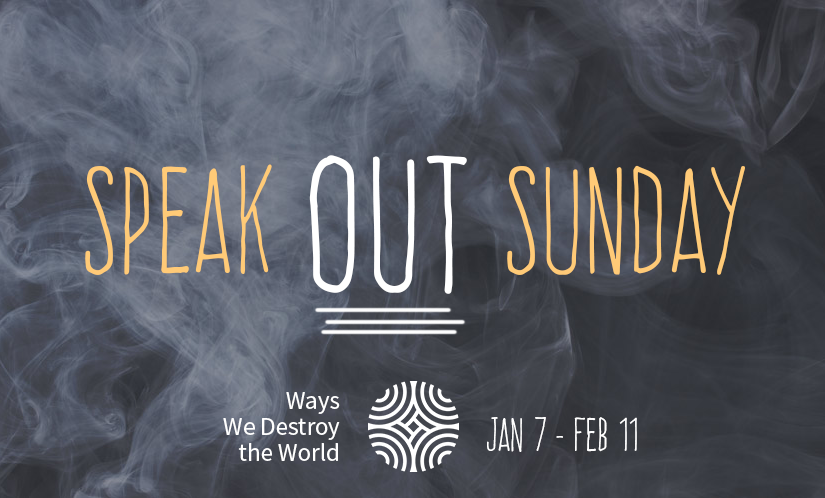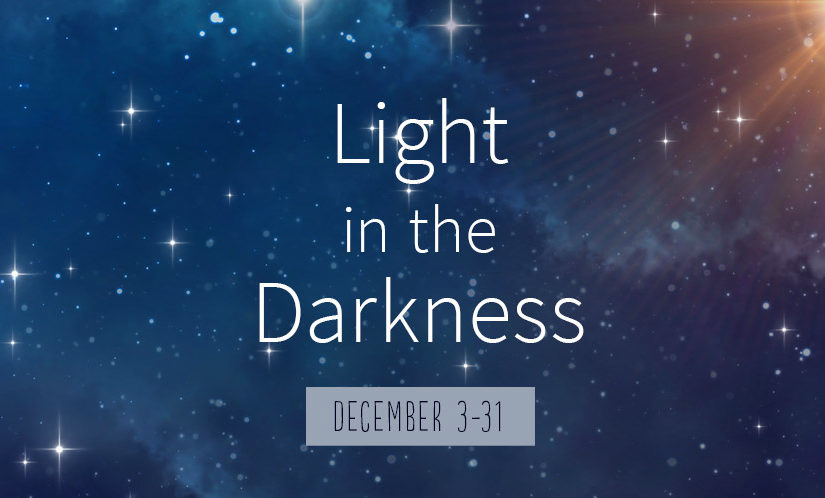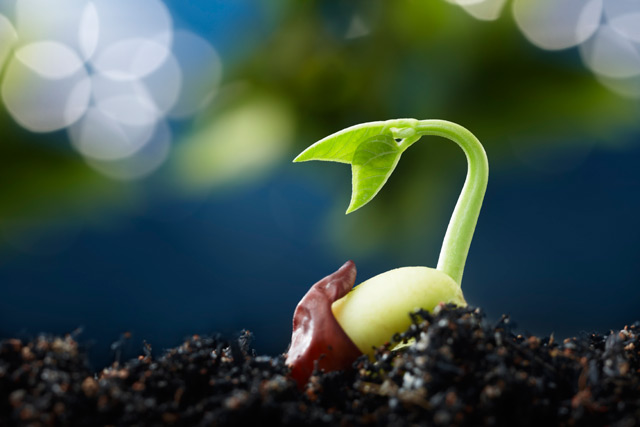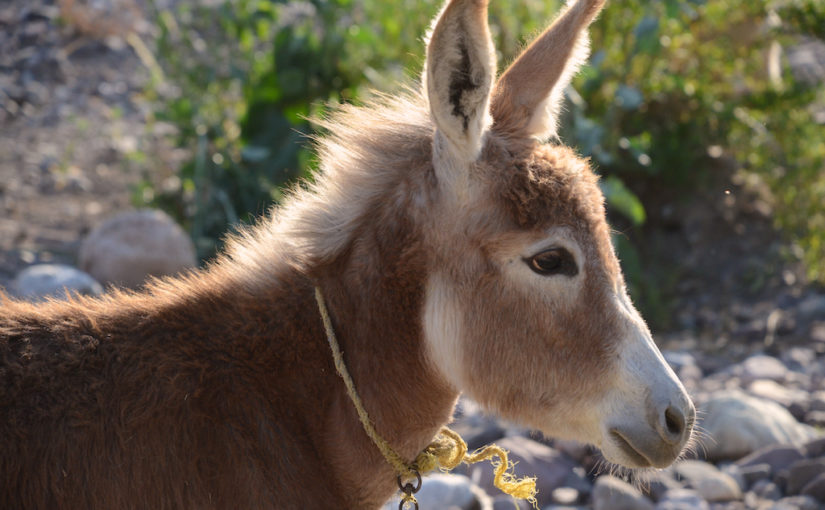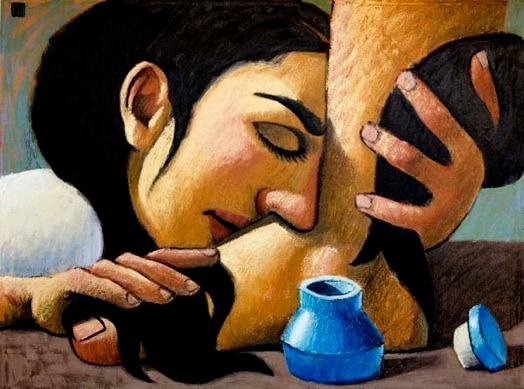Last week, thoughtful friends brought my wife and me to one of WGBH’s Front Row Boston shows, in the intimate space of the Fraser Performance Studio. What we were able to witness, sitting on the floor just feet from the performers, was the beauty and poetry, the anger and artistry of two extraordinary Black women, both of whom pushed me to keep digging into this extraordinary insight of my faith tradition: that each person alive is “made in the image of God.”
Bamsfest presented the opening act, local spoken word artist Jha D. Her first piece “Spare Change” invited us to step inside the experience of a panhandler.
As Jha D spoke out the otherwise silent, inner monologue of a beggar, I was haunted by the refrain, “I can’t go home….” Home for this young person was a space of homophobia, religious judgment, and rejection. The larger world’s economy hasn’t been much kinder, and now she asks us for whatever spare change and spare prayers we can give.
I’m a little embarrassed to admit this, but I look at people begging on the streets of our city and think many things, but rarely do I wonder about their backstories. Even more rarely do I say to myself, “Here is a beloved child of God, made in God’s image.”
I found myself grateful that Jha D was asking me to look again at one of the “stock characters” of our urban life and see the soul and image of God inside. I want the discipline, insight, and love to see the godlike beauty, creativity, power, and agency in each human being.
The evening’s main act, soul singer Jamila Woods, kept the theme up — insisting that we all see the beauty and strength in Black women. As Ms. Wood sang songs from her acclaimed album “HEAVN”, I loved her gorgeous voice and lyricism. And I couldn’t shake the lyrics of one of her songs in particular, “Holy.”
Soaked with religious imagery, Woods explores the holiness of herself. The chorus plays off the 60s gospel song that begins, “I woke up this morning with my mind stayed on Jesus.” In the Civil Rights movement, the word “freedom” was often substituted for Jesus. In her version, Woods isn’t fixing her mind on either of these things. She is “stayed on loving me.”
There’s no mention of God in this song, but still, the singer’s cup is full. Goodness and mercy follow her. She is never alone. She is holy, on her own.
Voices in my religious past would likely have trouble with this song. They say only God can make us feel this way about ourselves because without God, we are nothing. But now I listen to this Black women claim her beauty, her dignity, and her sufficiency, and I close my mouth and nod my head.
All of us are these extraordinary works of art. All of us are holy. And maybe, if we can open our eyes and see God everywhere, there is no such thing as “without God”.




